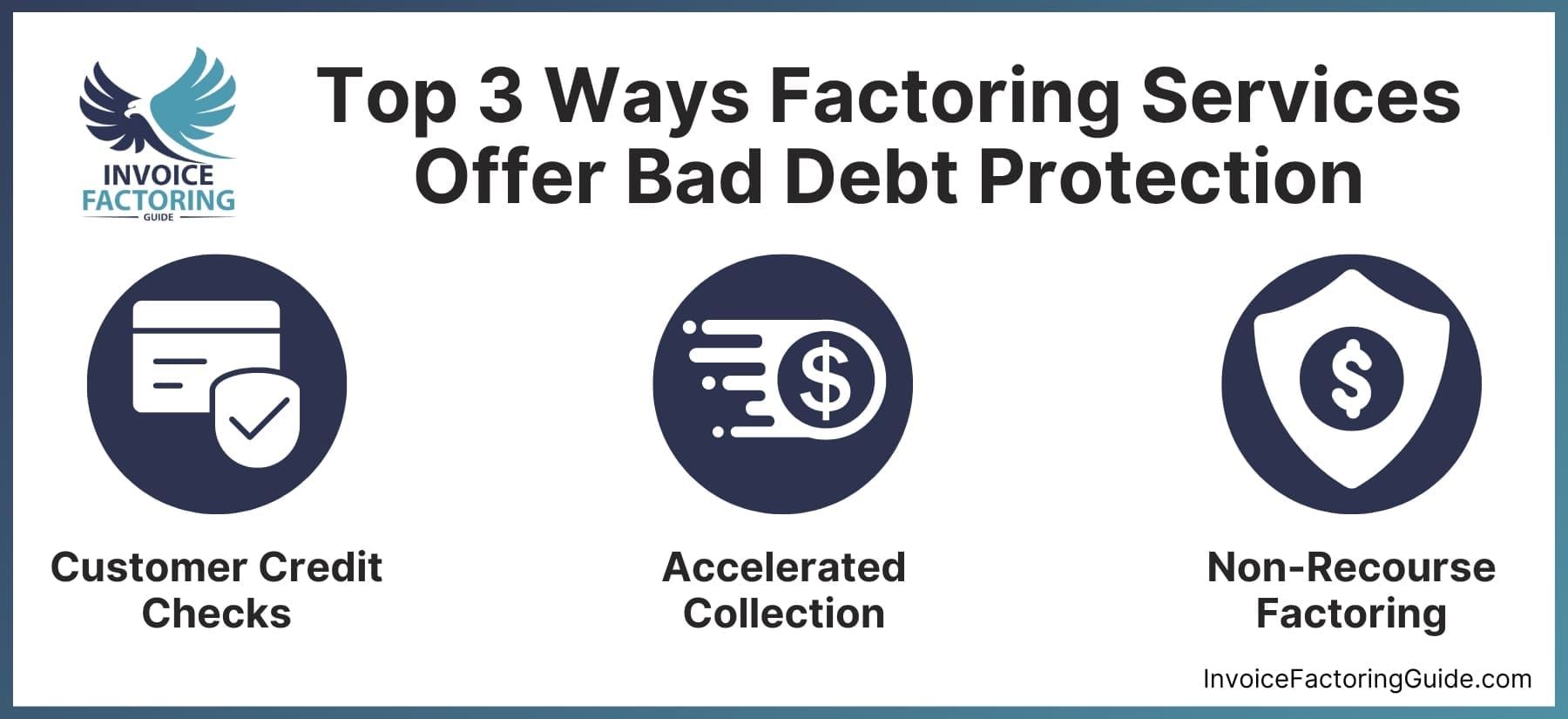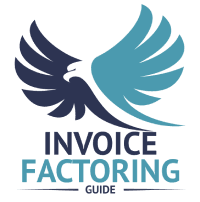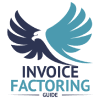
Bad debt risk is on the rise, costing small businesses much more than the value of each invoice written off. You do have options, though. Although it’s not often discussed, many businesses leverage factoring services for bad debt protection. We’ll walk you through the background and how it can help below.
What is Bad Debt?
Bad debt refers to balances that a business cannot recover. Although it can refer to money the business loaned out, most businesses generate bad debt by extending credit to their customers. Simply put, they deliver goods or services and invoice their clients for them afterward, but the client never pays.
While it’s true that bad debts can be written off a tax deduction, the actual process is a bit more complicated than that. “A debt becomes worthless when the surrounding facts and circumstances indicate there’s no reasonable expectation that the debt will be repaid. To show that a debt is worthless, you must establish that you’ve taken reasonable steps to collect the debt,” the IRS notes.
Because of this, there’s no specific timeframe in which all businesses write off unpaid balances as bad debt. However, it’s common to wait until the balance is 90 days old, and the business has a paper trail to indicate it attempted to collect the balance several times within the period.
Bad Debt is a Growing Problem for Small Businesses
Just a year ago, around six percent of a typical small business’s receivables were written off as bad debt, per Atradius. Today, nine percent of a business’s receivables become uncollectable. While a certain amount of bad debt is expected as a cost of doing business, this seemingly small shift results in an additional loss of $15,000 for a business clearing $500,000 annually.
The Impact of Bad Debt on Small Businesses
Bad debt creates serious issues for businesses, often in unexpected ways.
Decreased Cash Flow

Bad debt reduces cash flow, which makes it difficult for your business to keep up with expenses and grow.
Wasted Resources
The cost to process a single invoice is somewhere between $15 and $40 per invoice, Adobe reports. Additional reminders and resources invested in chasing an invoice only drive this cost up.
Reduced Profit
The value of the invoice, as well as any resources you invest in chasing it and closing it out as a bad debt, eat into your profit. That’s less money in your pocket, and it can make it more challenging for your business to obtain funding.
Tax Complications
As covered earlier, most businesses can deduct uncollectable debts at tax time. However, you must be able to demonstrate that you attempted to collect the balance. Additional issues may arise when a client attempts to pay a balance after it’s been written off and deducted.
Invoice Factoring is an Alternative Business Funding Solution
Invoice factoring, sometimes called accounts receivable or debt factoring, is more commonly seen as an alternative to a small business loan or line of credit. However, instead of receiving a lump sum advance that you must pay back with fees and interest, you sell your unpaid invoices at a discount to a factoring company, also referred to as a factor.
Factoring companies advance most of an invoice’s value right away and take over the collections process. You receive the remaining balance minus a small factoring fee when your client pays.
It’s worth noting that this process is distinct from invoice finance, which involves using your outstanding receivables as collateral on a loan. You don’t pay the balance back when you factor invoices; your clients do when they pay their invoices. You do have a balance to pay back when you use invoice financing.
Benefits of Invoice Factoring
Before we break down how factoring services for bad debt protection works, let’s take a quick look at some of the other benefits of factoring.
Approval is Fast and Easy
Whereas financial institutions typically make you jump through hoops, factoring companies approve most businesses with B2B invoices, and approval comes through in as little as a day or two.
You Receive Working Capital Instantly
Payments are processed as soon as you submit your invoices and are usually sent via ACH, so they hit your bank account in around two business days. Some factoring companies offer expedited options and can even get your cash to you on the same day you submit an invoice.
Bridge Gaps and Have Consistent Cash Flow
Factoring is flexible, so it can be used to bridge cash flow gaps as they come up, or you can use it regularly to ensure your cash flow is more regular and predictable.
Increase Financial Security
You can sign up for factoring and have it ready if needed. You generally won’t pay anything until you factor an invoice.
Top 3 Ways Factoring Services Offer Bad Debt Protection
Now that we’ve covered the basics, let’s look at factoring services for bad debt protection.

1. Your Factoring Company Performs Credit Checks to Minimize Risk
Prior to factoring invoices, your factoring company will assess the credit risk of each client and provide you with guidelines to help ensure they pay their balances fully and on time. While each company has a unique process, this usually entails checking their credit score to ensure they’re creditworthy enough to receive trade credit. They’re also likely to check previous payment history to ensure their invoices are always paid on time.
When the checks are complete, you’ll learn exactly how much credit you can extend to each client without exposing your business to unnecessary risk.
2. Factoring Accelerates Payment
The likelihood of your business collecting a balance drops dramatically as the invoice ages. For instance, on the day a payment is due, there’s still a 95 percent chance you’ll still receive payment if you haven’t already, according to Commercial Collection Agencies of America. Yet, just 30 days later, there’s only an 89 percent you’ll collect. At the 90-day mark, the probability of collecting drops below 69 percent.
Collecting promptly is a key strategy in reducing bad debt. Factoring companies use a variety of customer-friendly techniques to expedite payments, such as offering multiple payment methods to make it easier for your clients to take care of their balances and fast follow-ups when a payment is missed.
3. Non-Recourse Factoring Offers Additional Protection
Between credit checks and leveraging methods to accelerate payments, most businesses have a low risk for bad debt. However, those who typically fit into high-risk categories due to the industry or nature of their business can add another layer of protection with non-recourse factoring.
Under a traditional factoring agreement, also referred to as recourse factoring, your business is liable when a customer doesn’t pay. That usually means you’ll provide the factoring company with an invoice of equal value. With recourse factoring, however, the factoring company absorbs the loss. Your business doesn’t need to take any action and doesn’t lose money. While the factoring fee is slightly higher when you choose recourse factoring, it can provide certain businesses with much-needed security.
Reviewing the top 10 factoring companies can help you find the most reliable partners and identify which providers offer the best bad debt protection services tailored to your needs.
What Non-Recourse Factoring Typically Covers
It’s important to note that recourse factoring typically covers most of the reasons customers don’t pay their debts, including:
- Customer Insolvency
- Slow Pay
- Customer Bankruptcy
However, it does not generally cover disputed debts. If your customer argues that they don’t owe you money for any reason, the factoring company will usually redirect them to you to work things out.
Get a Complimentary Factoring Rate Quote
While factoring is not designed to reduce bad debt for businesses, it works in a unique way that often addresses the issues that lead to bad debt. Because of this, businesses that leverage factoring tend to experience it less in addition to receiving key benefits such as instant access to working capital. If you’d like to learn more or get started, request a complimentary factoring rate quote.
FAQs on Factoring Services and Bad Debt Protection
What is non-recourse factoring, and how does it offer bad debt protection?
Non-recourse factoring shifts the risk of customer non-payment to the factoring company. If a customer becomes insolvent or unable to pay, the factor absorbs the loss, protecting your business from bad debt.
Can factoring services help reduce the risk of customer non-payment?
Yes, factoring services, especially non-recourse options, help mitigate the risk of customer non-payment by transferring the credit risk to the factor. This ensures your business remains financially secure even if customers default.
What types of businesses benefit most from factoring with bad debt protection?
Businesses with long payment terms or a high risk of customer insolvency, such as those in manufacturing, trucking, and staffing, benefit most from factoring with bad debt protection aka non-recourse factoring. It ensures steady cash flow without the risk of unpaid invoices.
How does bad debt protection impact factoring fees?
Some factoring companies perform customer credit checks at no additional cost, though others charge a nominal fee. Businesses opting for non-recourse factoring in which the factoring company absorbs the loss if a customer doesn’t pay usually pay slightly higher factoring fees due to the added risk the factor takes on. However, the peace of mind from not worrying about customer insolvency can outweigh the additional costs.
Is bad debt protection available with all factoring services?
No, bad debt protection is not available with all factoring services. It is typically offered under non-recourse factoring agreements, where the factoring company assumes the risk of customer insolvency. Always confirm with your factor.

About Invoice Factoring Guide
Related Articles
Get an instant funding estimate
Results are estimates based on the calculated rate and the total invoice amount provided.
Actual rates may vary.
Request a Factoring Rate Quote
PREFER TO TALK? Call us at 1-844-887-0300










